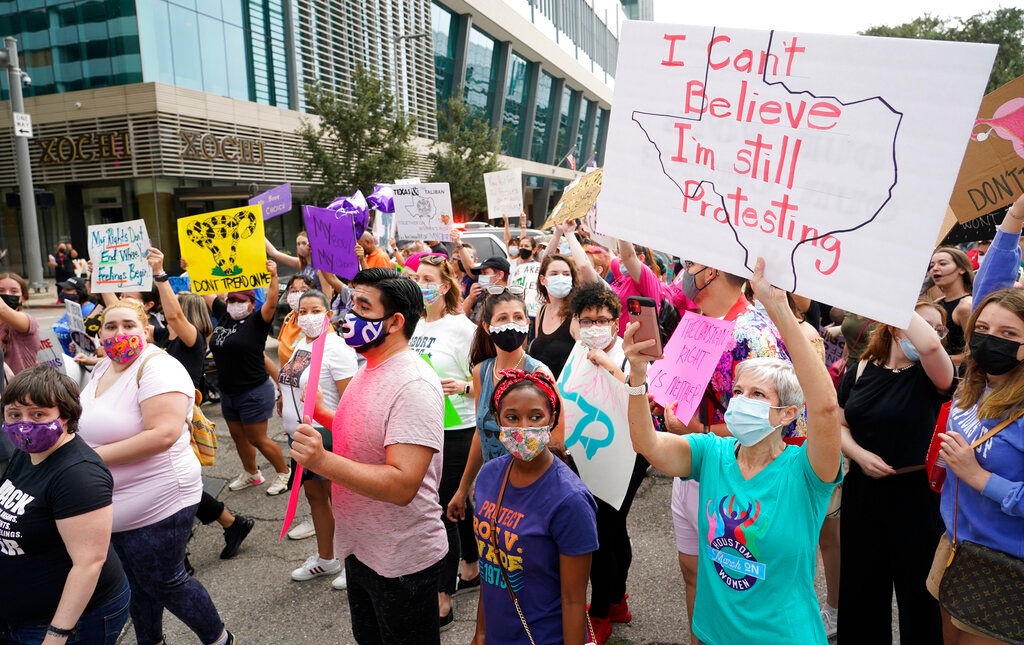US Supreme Court on Friday overturned the landmark 1973 Roe vs Wade judgement in what is being viewed as a win for the Right and a historic setback for human rights.
Roe is overturned, it may come as a complete surprise if all we witnessed in the last generation has been Supreme Court nomination hearings, where applicants’ obfuscation on the matter of abortion was elevated to an art form.
Also read: Roe v Wade: ‘Wrong side of history,’ Chuck Schumer on GOP role
At his confirmation hearing in 2006, Justice Samuel Alito committed to respect precedent and retain an open mind on abortion issues, as well as to follow the legal principle of stare decisis, which states that precedent takes on increasing importance.
He attempted to distance himself from a document he authored as a lawyer in the Reagan administration in 1985, in which he stated that the Constitution did not protect the right to abortion. As a Supreme Court justice, he may now make that judgement.
Years before, in 1991, then-nominee Clarence Thomas told senators that he hadn’t given the Roe v. Wade decision any thought. As a confirmed justice, he instantly became a vocal opponent of the decision and has long advocated for its overturning.
Also read: Roe v Wade: Obamas release statement on leaked SCOTUS draft
Roe v. Wade was the “law of the land,” according to Justice Neil Gorsuch, who stated that the judgement maintained that “a fetus is not a person for purposes of the 14th Amendment.”
Senator Dick Durbin of Illinois asked Gorsuch if he agreed.
“That’s the law of the land. I accept the law of the land, senator, yes,” Gorsuch stated.
Justice Brett Kavanaugh, like Alito, had authored a memo as a government lawyer in which he voiced concern about the Roe v. Wade precedent. However, during his confirmation hearing, he stated that he understood it.
Justice Amy Coney Barrett stated at her confirmation hearing to replace Justice Ruth Bader Ginsburg that she would set aside her personal opposition to abortion in order to obey the law as a judge.
Also read: Roe v Wade: What’s next for abortion in US after Supreme Court leak?
Barrett would not say whether she thought Roe was right or wrong, but she did note that Roe “held that the Constitution protected a woman’s right to terminate pregnancy.”
Chief Justice John Roberts may not vote with the four Republican-appointed justices to overturn Roe v. Wade, but he has indicated an interest in upholding a Mississippi legislation that would limit abortion to 15 weeks of gestation.
During his confirmation hearing in 2005, he stated that Roe was entitled to be respected as a precedent. Unlike Thomas, Alito, and Gorsuch, Roberts has not sought a reversal of Roe.







